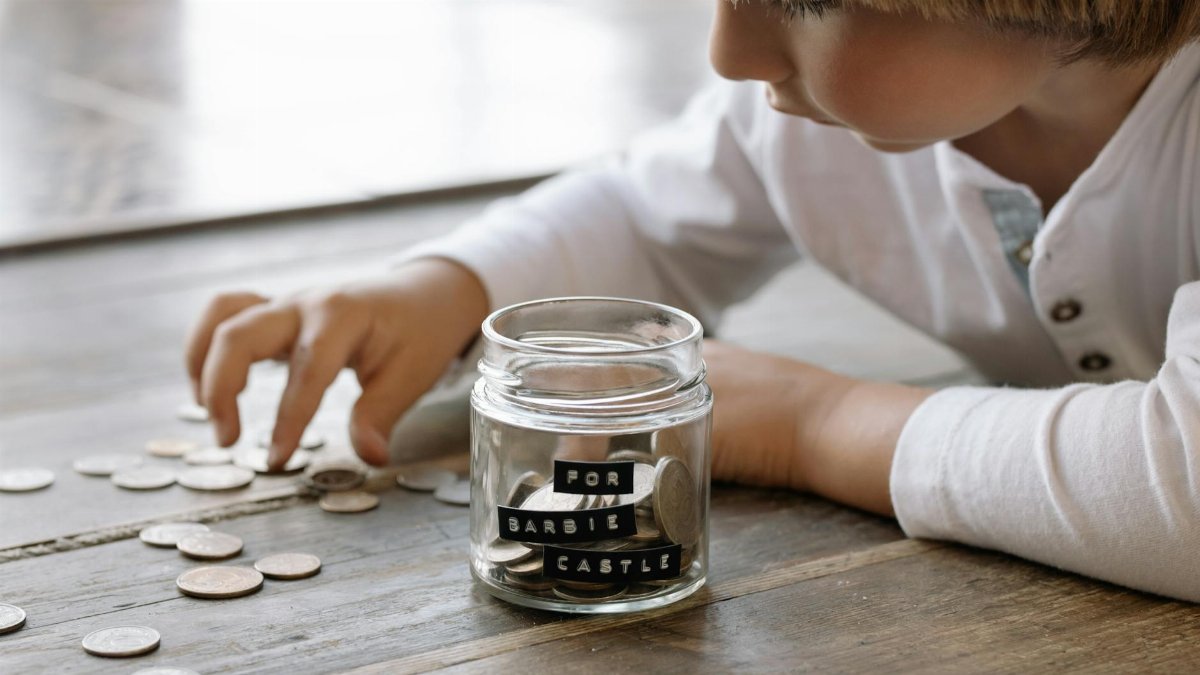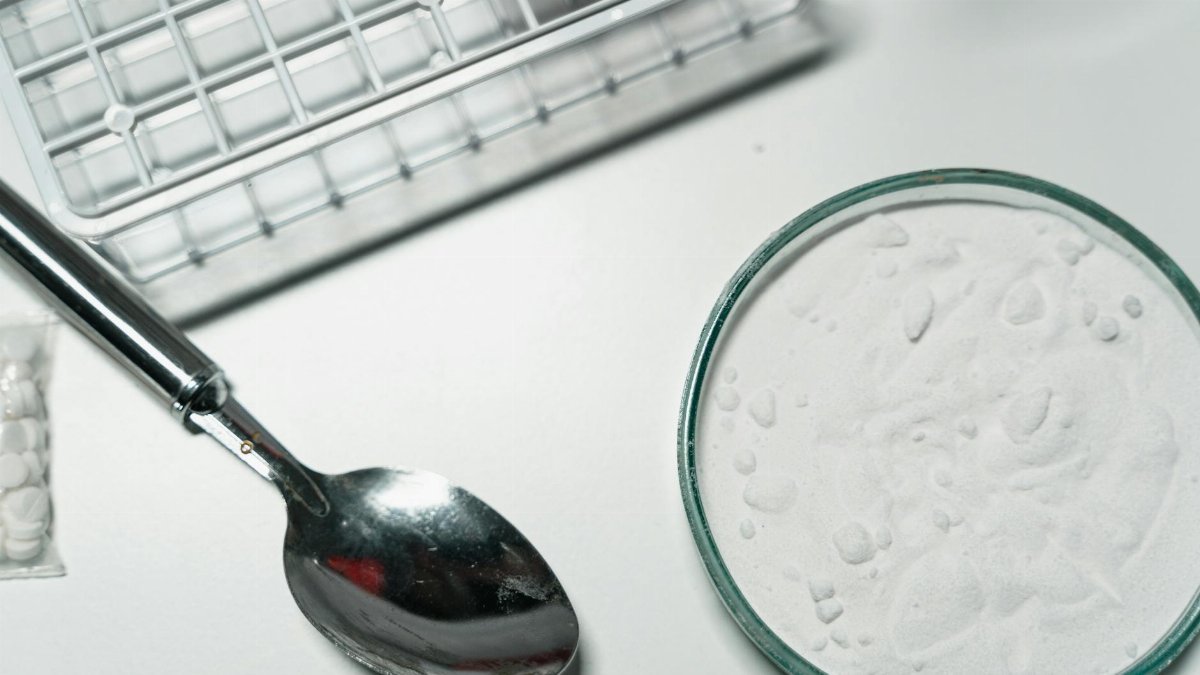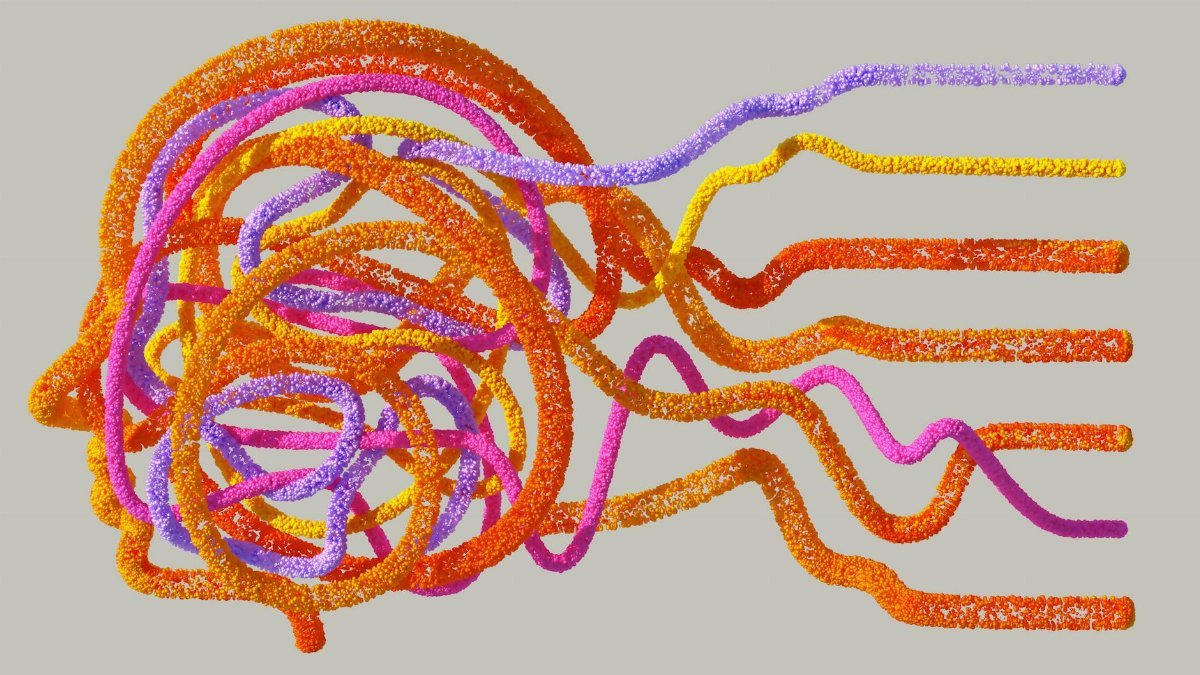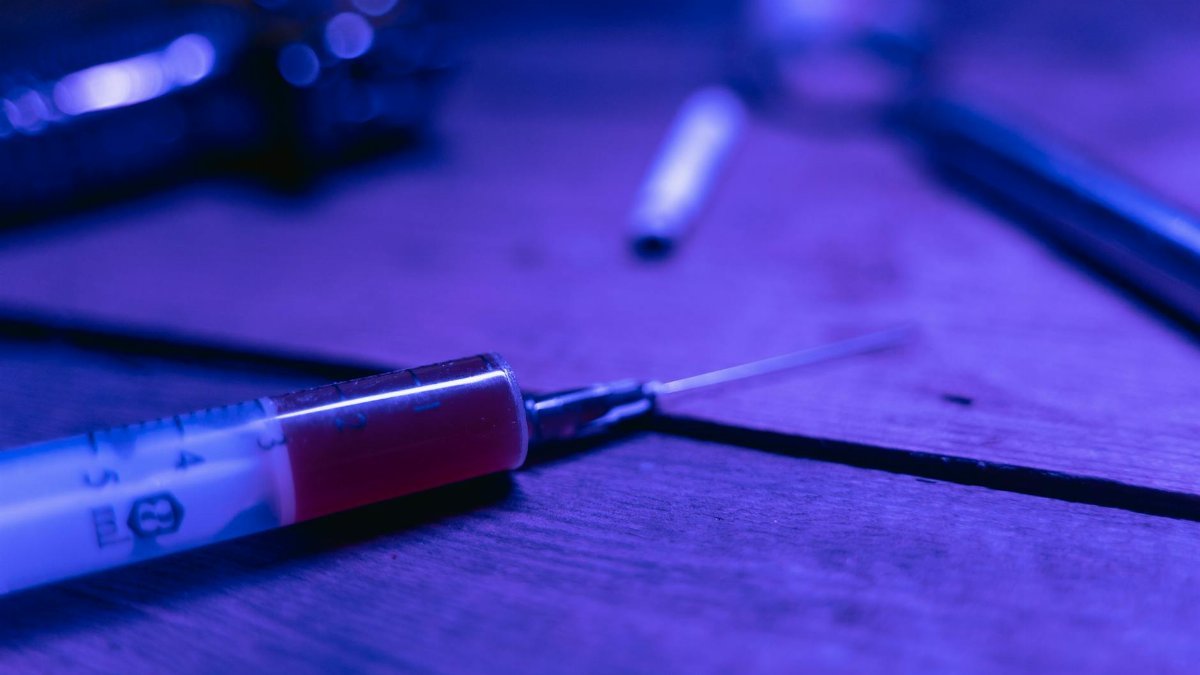Texas is making a bold move in mental health treatment this year. With the signing of a groundbreaking bill, the state is investing heavily in texas ibogaine trials, a controversial yet promising psychedelic therapy. On June 11, 2025, Gov. Greg Abbott approved SB 2308, allocating $50 million to two major institutions for multi-site clinical studies. The focus? Helping veterans grappling with PTSD and opioid use disorder. This initiative signals a significant shift in how Texas approaches alternative treatments for some of its most vulnerable citizens.
A Historic Investment in Veteran Care

SB 2308 represents a substantial financial commitment to exploring alternative therapies in Texas. The $50 million appropriation will fund research at Texas A&M Health and UT Southwestern, two leading institutions in medical innovation. These multi-site trials aim to rigorously test ibogaine, a psychoactive compound derived from the African iboga plant, for its potential to alleviate severe mental health and addiction issues among veterans. This move comes at a time when traditional treatments often fall short for those who have served.
Targeting PTSD and Opioid Use Disorder

The primary beneficiaries of the texas ibogaine trials are veterans struggling with post-traumatic stress disorder (PTSD) and opioid use disorder. Both conditions have long plagued military communities, often with devastating consequences. Ibogaine has shown early promise in interrupting addiction cycles and reducing trauma-related symptoms, though it remains unapproved by the FDA. Texas is stepping into uncharted territory by funding large-scale studies to determine whether this substance can offer real relief where other methods have failed.
Legislative Champions Behind the Bill

The push for SB 2308 didn’t happen overnight. Former Gov. Rick Perry and Rep. Tan Parker were instrumental in advocating for the legislation. Their efforts highlight a growing recognition within Texas politics that innovative solutions are needed to address mental health crises. Perry, with his long history of leadership in the state, and Parker, a key figure in the legislature, framed the bill as a moral imperative to support veterans who have sacrificed so much. Their bipartisan support helped secure its passage.
Strict Oversight and Safety Measures

Texas isn’t taking chances with such a novel treatment. Under SB 2308, the Health and Human Services Commission is mandated to submit semi-annual safety reports starting in January 2026. These reports will monitor the trials’ progress, assess risks, and ensure participant well-being. Ibogaine, while promising, carries potential health concerns, including cardiac complications. The state’s commitment to transparency through regular updates aims to balance innovation with accountability, addressing public and medical community skepticism head-on.
A Deadline for Results

The texas ibogaine trials aren’t open-ended. The legislation includes a sunset provision, setting December 2029 as the deadline for data review. By then, researchers at Texas A&M Health and UT Southwestern must compile comprehensive findings on ibogaine’s efficacy and safety. This timeline creates urgency to produce actionable results that could influence future policy, not just in Texas but potentially across the U.S. It’s a tight window for a treatment that remains on the fringes of mainstream medicine.
Broader Implications for Psychedelic Research

Texas’ investment in ibogaine trials reflects a larger trend of states reevaluating psychedelics for therapeutic use. Other substances, like psilocybin and MDMA, are also under study for mental health conditions, with promising results reported by institutions like Johns Hopkins University ( Johns Hopkins Medicine ). The National Institute on Drug Abuse has noted growing interest in these compounds as well ( NIDA Research ). Texas’ focus on ibogaine could pave the way for broader acceptance if the trials succeed.
Challenges Ahead for the Trials

Despite the optimism, hurdles remain. Ibogaine’s legal status as a Schedule I substance federally complicates research logistics and public perception. Additionally, the treatment’s intense psychological effects and physical risks require careful management. Texas researchers will need to navigate these challenges while meeting the high expectations set by a $50 million investment. The stakes are high, not just for the state, but for veterans who desperately need effective options.
What This Means for Texas in 2025

As the trials gear up in 2025, Texas positions itself as a leader in psychedelic research within the U.S. The outcomes could reshape how the state—and the nation—views alternative therapies for mental health and addiction. With veterans at the heart of this initiative, the emotional and political weight of the project is undeniable. Success could mean a lifeline for thousands; failure could fuel critics who argue such treatments are too risky or unproven.
